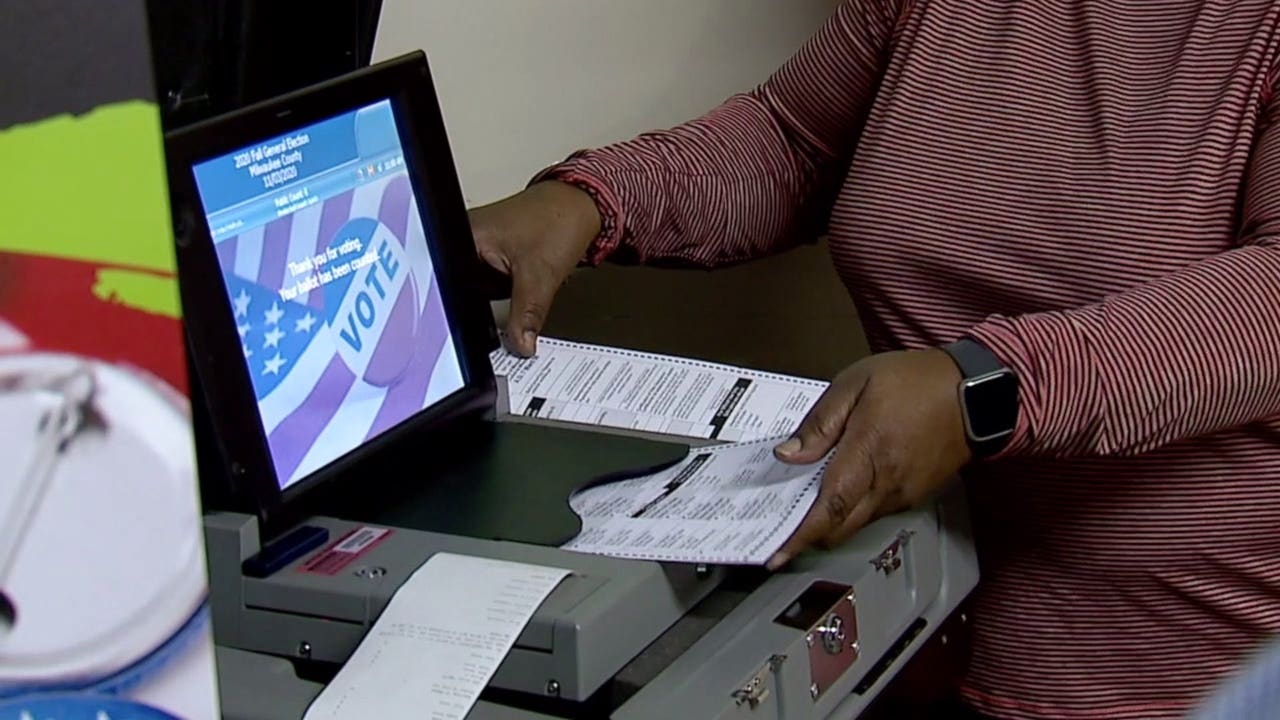ORLANDO, Fla. – Supporters of a renewed push to legalize recreational marijuana in Florida have joined a lawsuit challenging a new state law they say places “draconian restrictions” on the constitutional right of citizens to place initiatives on the ballot.
What we know:
Smart & Safe Florida, the group pushing to legalize recreational marijuana in Florida, has joined a federal lawsuit against a new state law (HB 1205) that overhauls the ballot initiative process.
Signed into law by Gov. Ron DeSantis on May 2, the measure imposes immediate and sweeping restrictions that critics say severely limit Floridians’ ability to propose constitutional amendments.
Among the changes: tighter restrictions on who can gather signatures, criminal penalties for exceeding petition limits, a drastic reduction in the time allowed to submit completed petitions, and a controversial ban on sponsoring more than one amendment at a time.
What we don’t know:
It remains unclear how courts will interpret and rule on the constitutionality of HB 1205. The timeline and scope of the ban on multiple amendment sponsorships are also vague, with no clear guidance on whether it applies indefinitely or only during active campaigns.
It’s also uncertain whether Smart & Safe Florida will be able to gather the nearly 880,000 valid signatures required by the Feb. 1 deadline to qualify their proposal for the 2026 ballot — or if they’ll need to shift their efforts to 2028.
The backstory:
The new law follows heated political battles over high-profile ballot initiatives in the 2024 election cycle, including failed efforts to legalize recreational marijuana and enshrine abortion rights in the state Constitution. Those proposals drew fierce opposition from DeSantis and Republican legislators, who have since pushed to tighten rules around the initiative process. The Florida Chamber of Commerce and other conservative groups have supported these changes, arguing that complex policy matters should be left to lawmakers, not voter referendums.
What they’re saying:
The legal challenge is not just about marijuana — it’s about who gets to shape Florida’s Constitution. The case raises broad First Amendment issues, including the rights to political speech, association, and direct democracy.
“This wolf comes as a wolf,” wrote Smart & Safe Florida’s legal team, quoting the late Justice Antonin Scalia to argue that the new law presents a clear, direct threat to citizen rights under the guise of protecting ballot integrity.
Critics say the law is part of a pattern by state leaders to suppress citizen-driven change and consolidate policymaking within the Legislature.
“The most burdensome of those changes took effect immediately… with no warning nor opportunity to appropriately prepare,” wrote attorneys for the group, calling the timing both unfair and unconstitutional.
As a result, this fight could set significant precedent not only in Florida but potentially for other states watching how far governments can go in regulating grassroots political activism.
“Mandating an arbitrary and severely truncated delivery deadline… sets sponsors up for failure,” the group argued, accusing lawmakers of intentionally undermining quality control measures and increasing the risk of costly penalties.
The group further described the ban on sponsoring multiple amendments as “an outright ban on core political speech bearing zero relation to ballot integrity,” and criticized the law’s vagueness as a legal minefield for initiative sponsors.
Meanwhile, supporters of the law maintain that the changes are necessary to prevent fraud and ensure only qualified individuals handle the petition process. However, those arguments were labeled “gaslighting” by the marijuana campaign’s attorneys.
STAY CONNECTED WITH FOX 35 ORLANDO:
The Source: This story was written based on information shared by The News Service of Florida, and Smart & Safe Florida.
Supporters of a renewed push to legalize recreational marijuana in Florida have joined a lawsuit challenging a new state law they say places “draconian restrictions” on the constitutional right of citizens to place initiatives on the ballot. Read More


